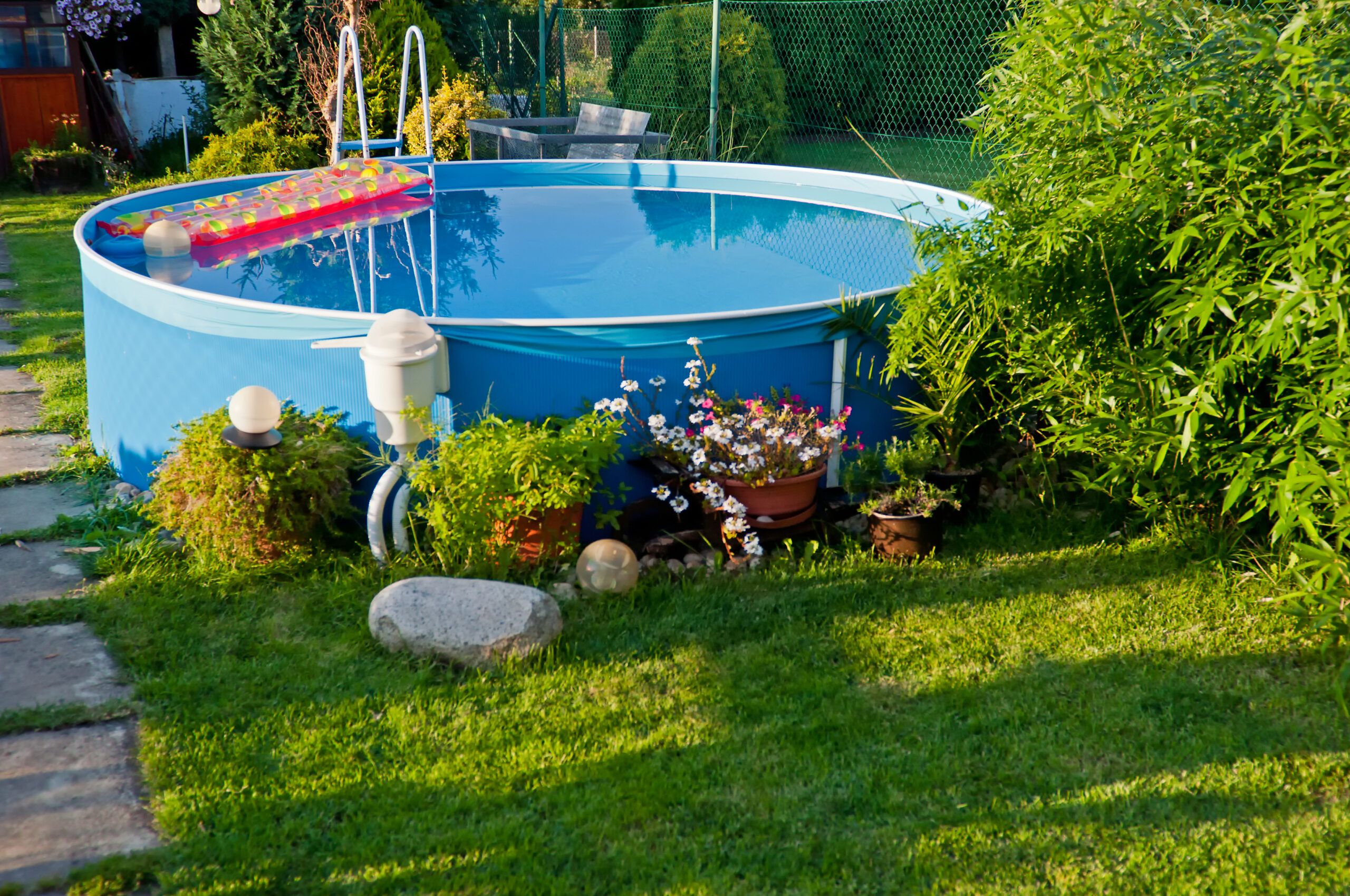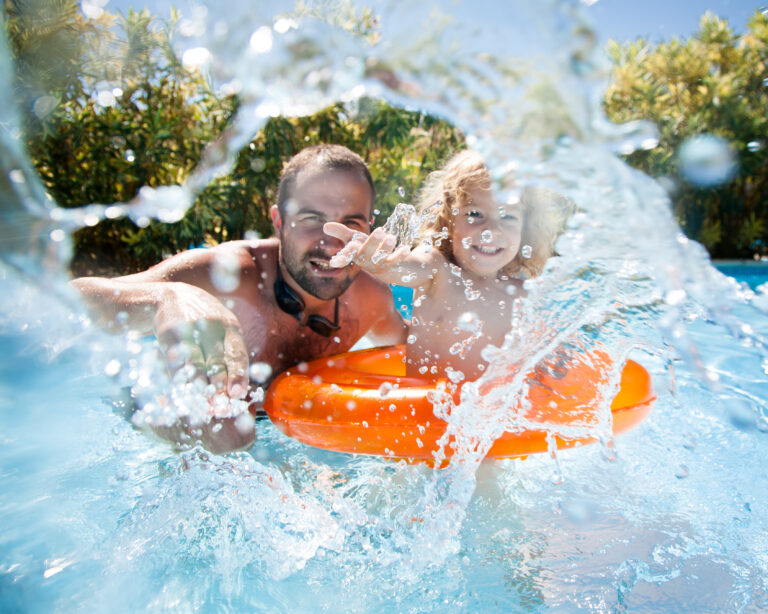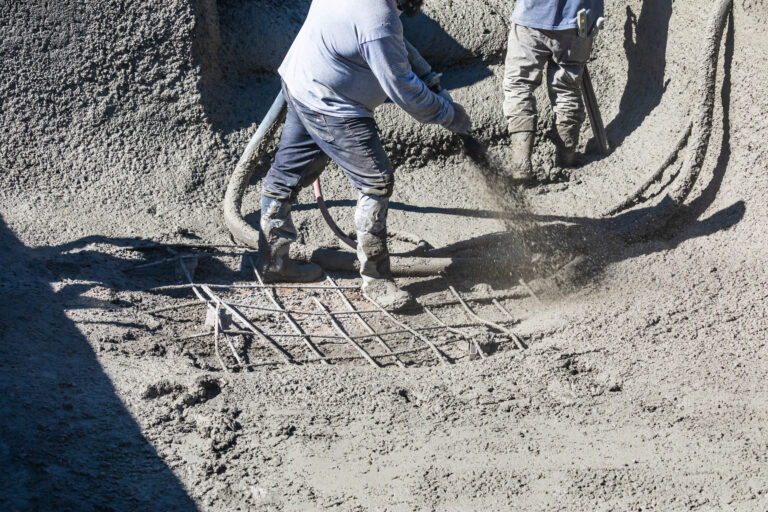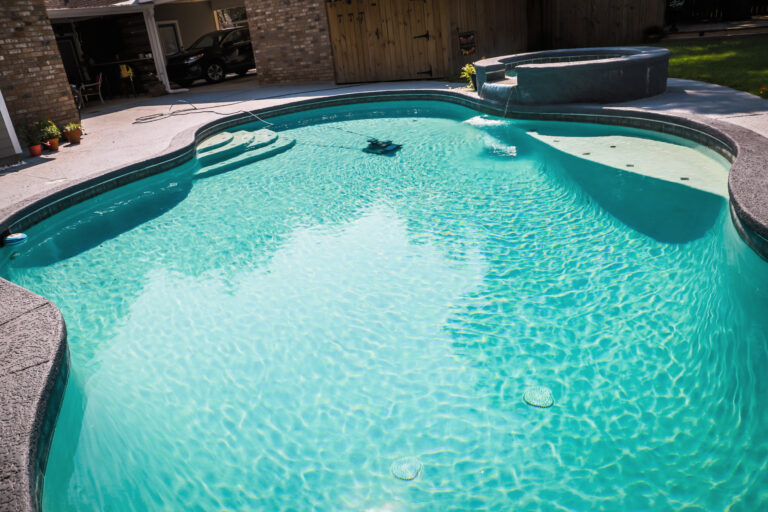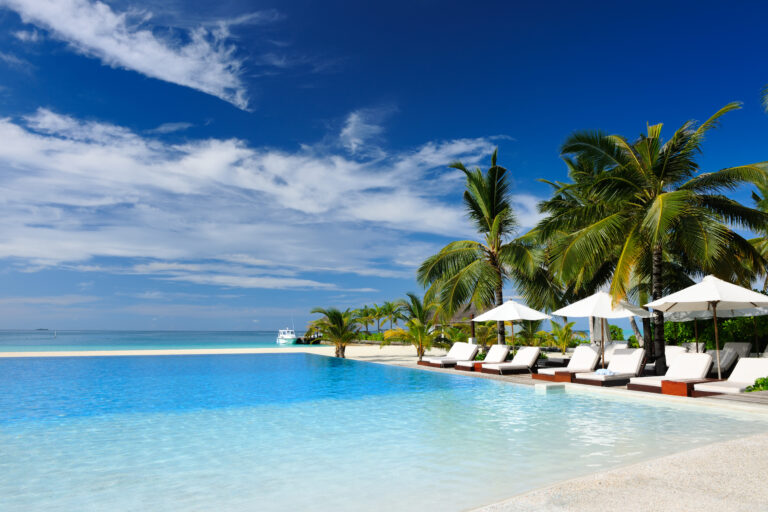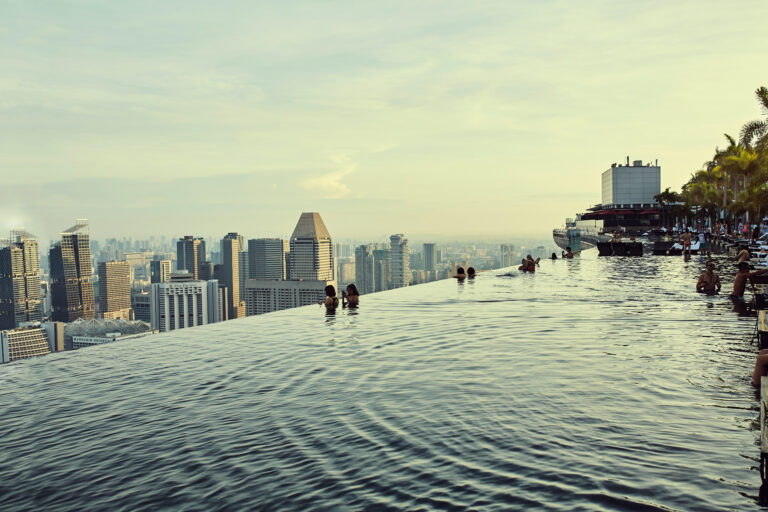Why You Should Consider a Natural Filtration System for Your Pool
You’re probably wondering why you should switch to a natural filtration system for your pool. Well, we’re here to tell you it’s not just a fad. It’s about creating healthier, cleaner water that’s easier on your skin and wallet.
We’ll show you the benefits, compare it with traditional methods, guide you through installation, and even help maintain it.
So dive in, because there’s more to explore in the world of natural pool filtration systems!
Understanding Natural Filtration Systems for Pools
You’ve got to understand that natural filtration systems for pools work by using plants and microorganisms to clean the water, just like nature does. These eco-friendly alternatives don’t use harsh chemicals, making them safer for you and better for the environment.
These systems harness the power of nature by mimicking ecosystems found in streams and ponds. Water circulates through a constructed wetland area where beneficial bacteria and plants filter out contaminants. The result? Crystal clear water without any chemical residue.
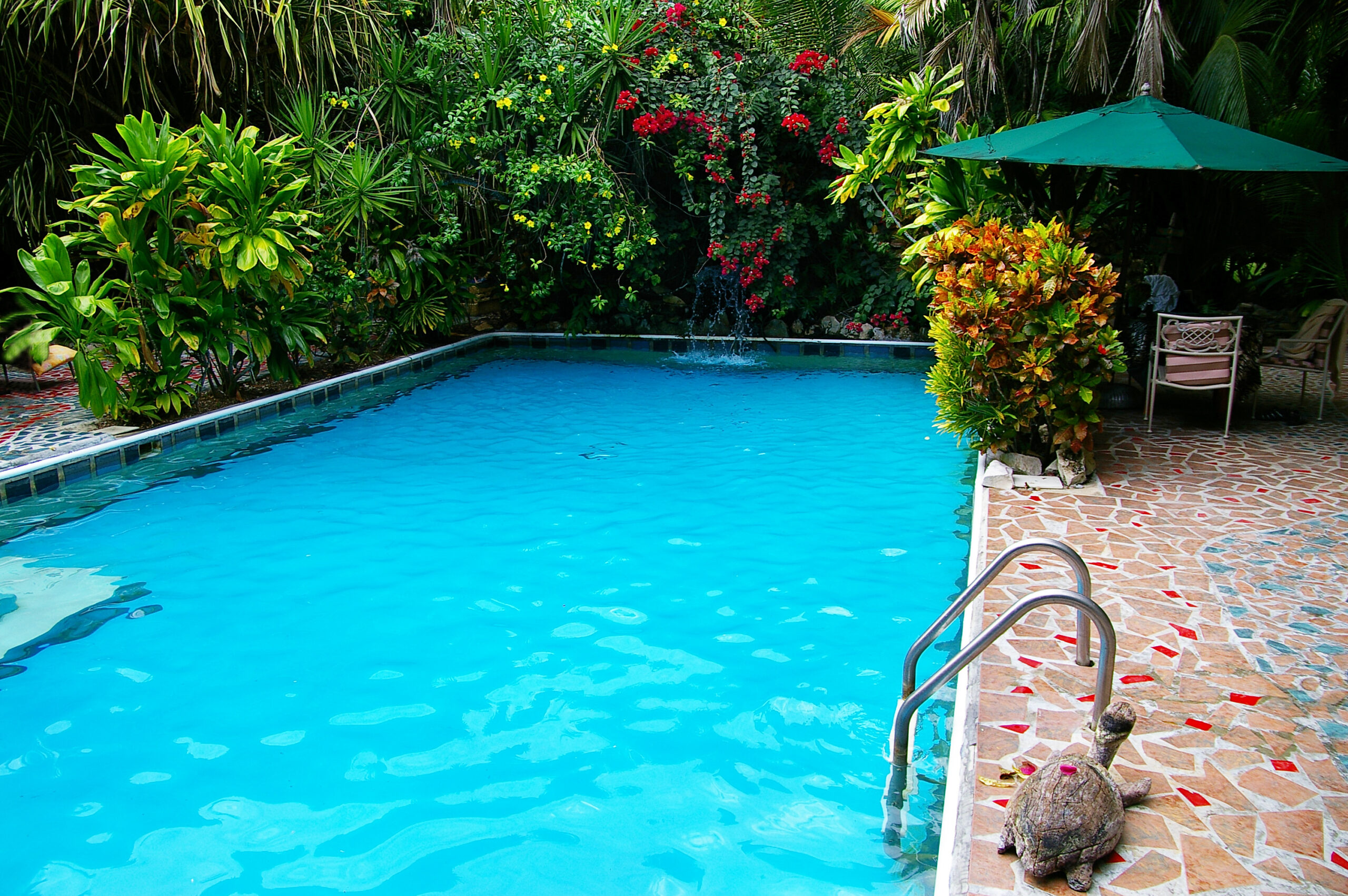
System efficiency is another major benefit of these natural filtration systems. They require less maintenance compared to traditional pool filters which often need backwashing or cartridge replacements. With a natural system, you’re not constantly buying, replacing, and disposing of plastic cartridges – it’s all about letting nature do its job.
And let’s not forget the aesthetic appeal! A swimming pool with a natural filtration system can be designed to look like a beautiful pond or lagoon integrated into your landscape.
So why not consider this option? It’s time you thought about blending functionality with sustainability. Embrace these eco-friendly alternatives for your pool, appreciate their efficiency, and enjoy swimming in pure, chemical-free water.
Benefits of Natural Filtration Systems
With eco-friendly options, it’s possible to maintain a sparkling clean swimming area without resorting to harsh chemicals. Natural filtration systems offer numerous benefits, key among them being eco friendly benefits and cost efficiency.
| Eco Friendly Benefits | Cost Efficiency |
| Less chemical usage | Lower maintenance costs |
| Reduced harmful emissions | Energy efficient operation |
| Promotes biodiversity | Long-term savings on pool chemicals |
| Gentle on skin and eyes | Increases property value with green technology |
| Preserves water quality | Recycles water, reducing refill requirements |
You’ll find that these systems will not only help in preserving the environment but also drastically reduce your pool upkeep expenses. You’re not just making an investment for yourself but for Mother Nature as well. It’s a win-win situation where you can enjoy your swimming time knowing you’ve made a responsible choice that also saves you money in the long run. So why wait? Make the switch and experience these benefits today!
Comparing Traditional and Natural Filtration Systems
Let’s now compare traditional and eco-friendly filtration methods to fully understand their pros and cons.
Traditional pool filters use chemicals that can be harsh on the skin and are not environmentally friendly. They’re also costlier in the long run because you have to constantly buy and add these chemicals.
On a cost analysis basis, natural filtration systems might seem more expensive initially, but they pay off over time. They require fewer chemicals, meaning less money spent on maintenance. In terms of filtration efficiency, natural filters win hands down. They’re designed to mimic nature’s way of purifying water, using plants and microorganisms to remove impurities.
You’ll notice a significant difference in the quality of your pool water with a natural filter – it’ll be crystal clear and won’t irritate your eyes or skin like chlorinated water can do. Plus, you’re doing something good for the environment by reducing chemical usage.
The Installation Process of Natural Filtration Systems
Installing a natural filtration system isn’t as complicated as it may seem at first. Yes, you’ve got to consider factors like cost analysis and system efficiency, but don’t let that deter you.
Let’s break down the process:
* First off, planning is key. Determine where your system will go and how it’ll fit into your existing pool layout. Don’t forget to account for local codes or regulations.
* Next, gather your materials. This could include plants, gravel, a pump and more – depending on the specifics of your chosen system.
* Lastly, installation time! Be patient; this isn’t something you want to rush.
By doing a little bit of research and getting hands-on with the setup process, you’re able to ensure greater control over cost analysis – meaning fewer surprises along the way. Plus, understanding how your system works can contribute towards its greater efficiency in the long term.
So why not give it a shot? Installing a natural filtration system yourself might be more achievable than you’d think – and the rewards are certainly worth it!
Maintaining Your Natural Filtration System
After getting it all set up, it’s essential to maintain the balance of the newly installed filter, isn’t it? Regular maintenance is paramount not only for system longevity but also for eco-friendly operations. It’s about keeping your pool clean while preserving Mother Nature.
You might worry that upkeep will be a hassle, but don’t. The routine involves simple tasks like checking water levels and removing any debris that could clog the filtering plants. You’ve got this!
Remember, natural filtration systems are designed to work with nature, not against it. That means they’re self-cleaning and self-regulating most of the time. They’re more resilient than you might think!
Ensuring system longevity doesn’t have to be a back-breaking task either. Just a bit of regular tender loving care can keep your pool sparkling and your system functioning efficiently for years.
Eco-friendly maintenance, on the other hand, is one of the significant perks of opting for natural filtration systems in the first place! Less chemical usage means less harm to our environment while giving you a healthier swimming experience.
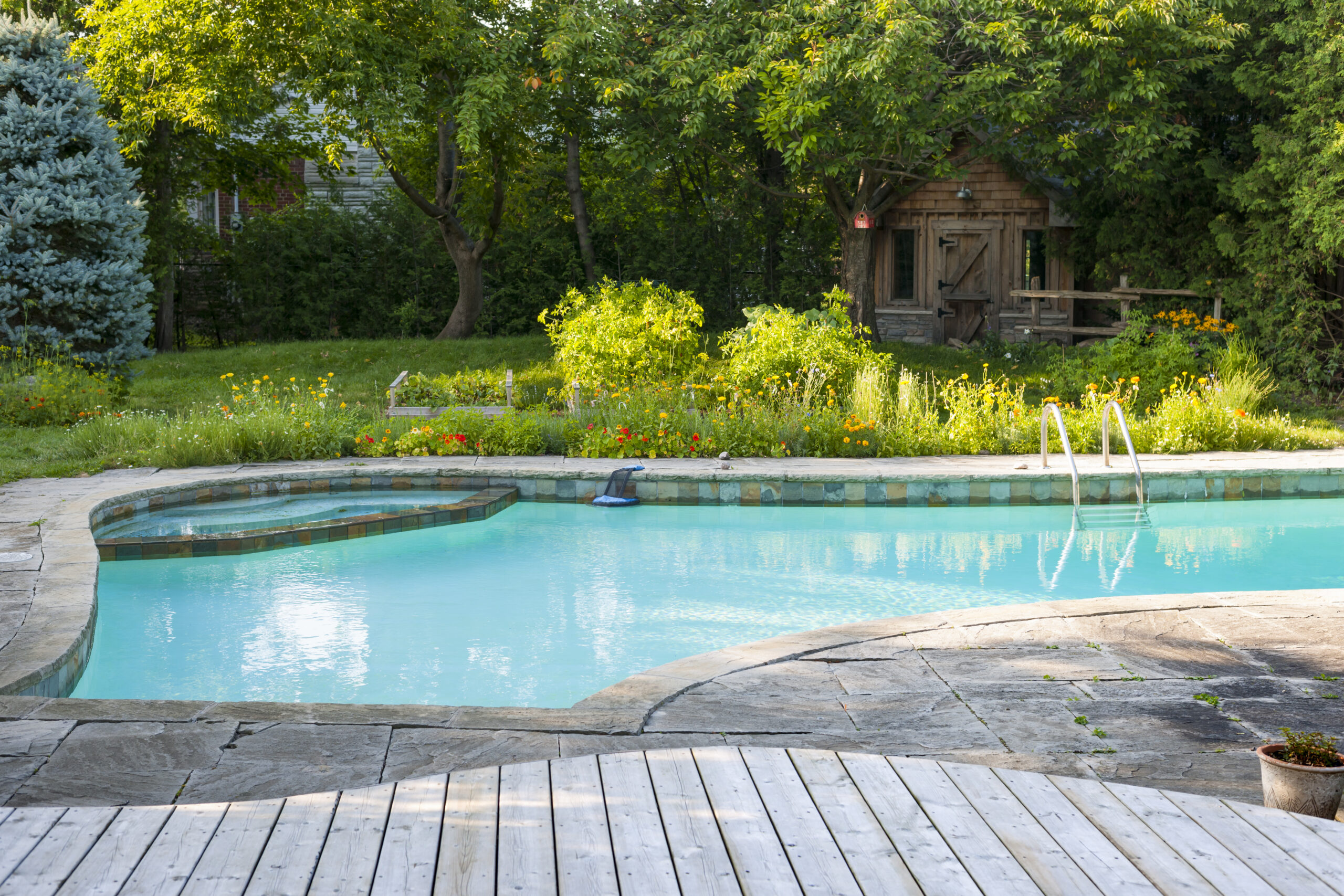
Frequently Asked Questions
What Are the Potential Downsides of Using a Natural Filtration System for Your Pool?
Natural filtration systems can pose maintenance challenges. They’re not as efficient as chemical ones, often requiring more upkeep. You might also face difficulties ensuring the system’s effectiveness in large pools. It’s not a one-size-fits-all solution.
How Does the Cost of a Natural Filtration System Compare to Traditional Methods Over the Long Term?
When considering long-term costs, natural filtration systems may initially be pricier. However, you’ll save on system maintenance and reduce your environmental impact over time, making it a cost-effective choice in the long run.
Are There Certain Climates or Locations Where a Natural Filtration System May Not Be Ideal?
Yes, climate impact does matter. In extremely cold or hot climates, system maintenance could be challenging for natural filtration systems. They’re less effective in freezing conditions and may struggle with intense heat too.
Can a Natural Filtration System Be Installed in an Existing Pool, or Is It Only for New Constructions?
You can definitely install a natural filtration system in your existing pool. However, consider the installation process and maintenance requirements as it might be more complex than for new constructions.
Are There Any Health Risks Associated With Using Natural Filtration Systems for Pools?
You’re unlikely to face health risks with natural filtration systems. Their efficacy in maintaining water purity is high. However, they do require regular maintenance to function optimally and keep your pool safe and clean.

